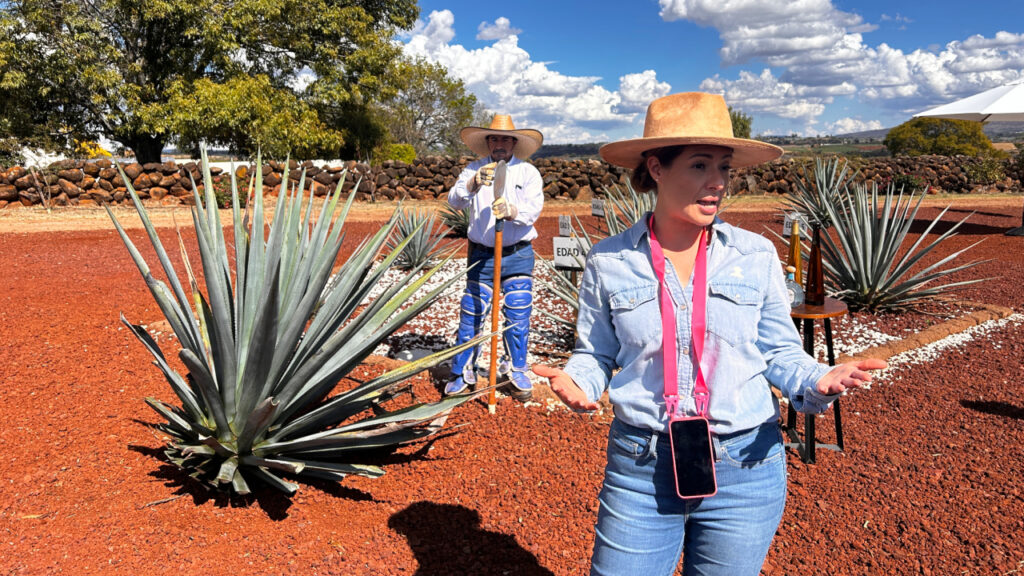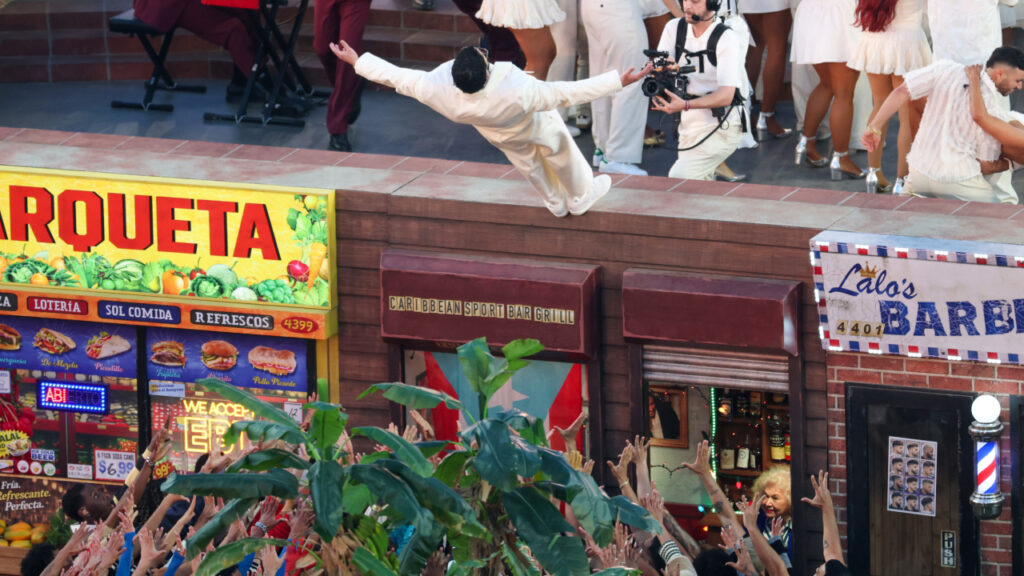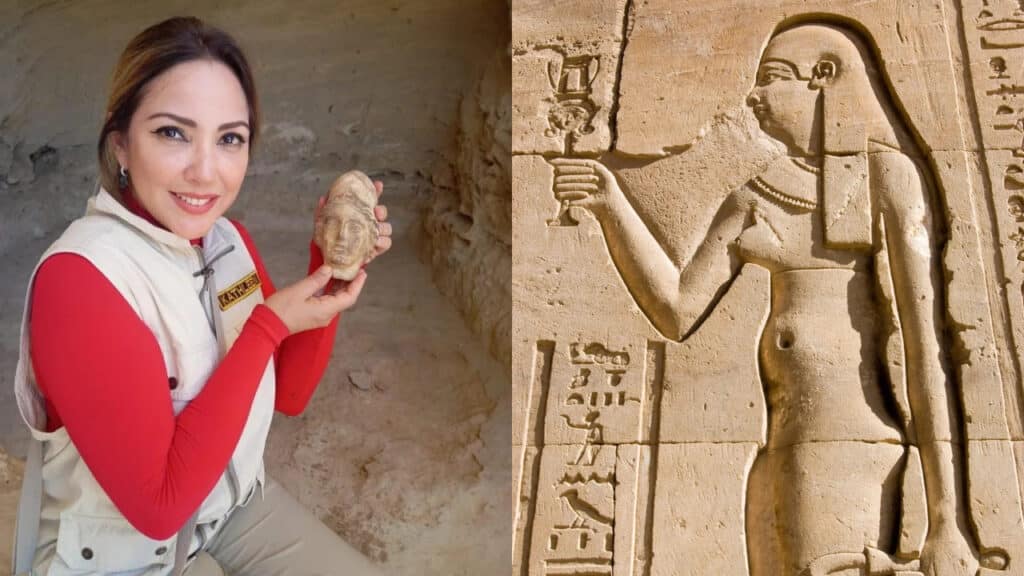
‘Don’t be afraid to fail’: Latina Space Engineer Joan Meléndez Blends Science With Activism
Professionals may encounter obstacles that test their inner strength and will regardless of their field. For Latina Space Engineer Joan Meléndez Misner, it’s about carving her path in an often male-dominated environment.
This 33-year-old woman arrived in the United States from Barranquitas, Puerto Rico, when she was starting high school. Her family frequently moved when she was a child because her father served in the military. Finally, they settled in Orlando, Florida, and she discovered her passion: Naval Aviation.
When they arrived, one of their biggest challenges was the language. Meléndez’s mom was an inspiration since she was brave enough to start a job in a factory with limited English.
“She showed me the value of hard work and also how important it is to have humility. I knew how privileged I was to know both languages well, so the culture didn’t shock me since I was already attending English-speaking schools on military bases from first to fifth grade,” she told FIERCE in an interview.
Joan Meléndez knew her path in college while attending job fairs; then, she made smart moves to achieve her dreams
What started as an internship at the Department of Defense Pathways became something else. Thanks to this, Meléndez got the last two years of college fully paid for and guaranteed a full-time position when she graduated.
Attending a job fair and interning at NASA Goddard, she became interested in working at Naval Aviation.
“Of course, I was interested in NASA, but Naval Air Systems Command (NAVAIR) had some intriguing work that I thought would have been super neat to work on. I accepted an internship with NASA Goddard, but they also offered me an internship with NAVAIR alongside the Pathways Internship acceptance. So, as a college student looking for ways to pay for college, that was the most practical option,” she explained.
This experience at NAVAIR was incredible, and for eight years at Naval Aviation, she worked on biofuels, engines, and aerial refueling. She earned her master’s degree while I worked full time, also fully paid.
She graduated from the University of Maryland and Towson University with a bachelor’s in Chemical Engineering and Chemistry. Also she did a Master’s from the Naval Postgraduate School in Systems Engineering.
Once she set her academic path, being a woman in STEM opened her eyes to a significant experience
Women in STEM (Science, Technology, Engineering, Math) represent only 28% of this profession, and as a Latina, 8%, she explained. These numbers are still shocking to her, admitting she thought at the beginning sexism or misogyny was a myth in this type of workplace.
“I had a rude awakening when I was a lead for a project, and we were getting all parties together for a ‘kickoff’ meeting. I walked into the room and quickly scanned it and noticed no women”.
She continued: “A male colleague, whom I have never met, walked up to me and asked me if I could take notes during the meeting.”
As a response, she started thinking about why he assumed she was taking notes and not the leader. However, she took control of the situation, went to the front of the room, and introduced herself as the lead engineer on the project.
“This was a pivotal point in my career because it was the first time I experienced this for the first time. I made it a point that day to open my eyes to this kind of misogyny in the workplace and use my voice to ensure no other junior engineer experiences what I did,” she added.
Despite obstacles along the way, her journey is an example for younger generations
Meléndez says she feels honored and humbled to be a role model in the Latino community. She uses her social media to share her story and motivate others, especially those in underrepresented communities.
“I was so happy to share my knowledge and what I have learned with others. Is a way for me to give back to the community I hold near my heart.”
Also, she participated in NASA’s Double Asteroid Redirection Test (DART), launched in November 2021. In this project, they tested the planetary defense to see if we could redirect an asteroid.
She was part of PASSAGE (Providing Air and Science to South America’s General Education), where we raised over $50,000 to bring STEM supplies to Latin America.
In the next ten years, this Latina dreams of starting a nonprofit to expand PASSAGE: “I want my Latino community to know that I support their dreams and show them that one of their own gets to work in the space industry, and giving them the tools they need to follow in my footsteps.”
If you want to follow in Meléndez’s footsteps, here’s a golden piece of advice:
If Meléndez could turn back time, there’s an advice she would like to give herself: “Don’t be afraid to fail.”
She believes our fears often prevent us, especially first-generation college graduates, from exploring the unknown. In her experience, she started her path wanting to be a doctor, but she asked for help.
“It wasn’t until I talked to my guidance counselor and did some self-reflection that I found my passion. Space was always in my blood from a young age,” she reflects.




